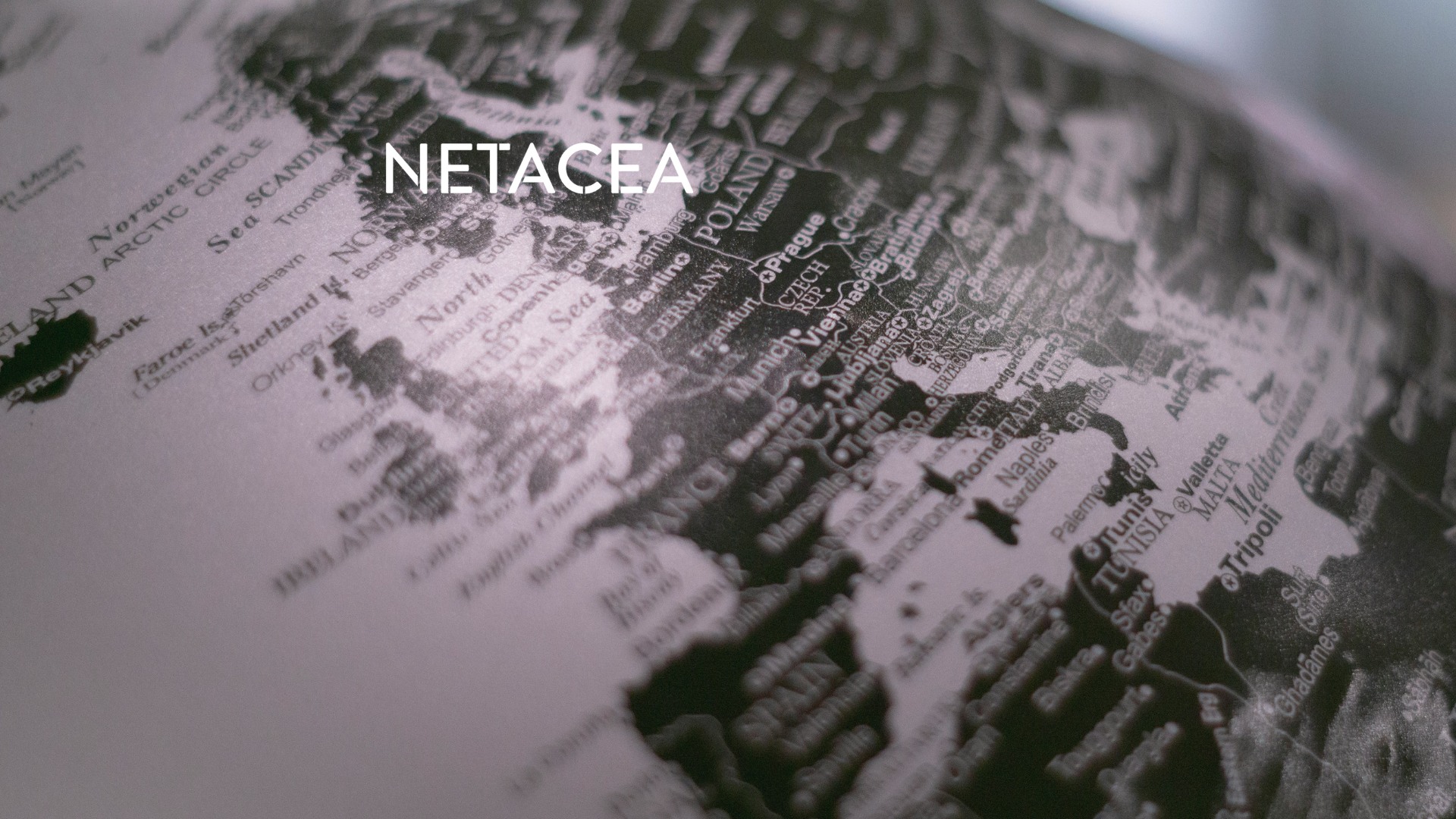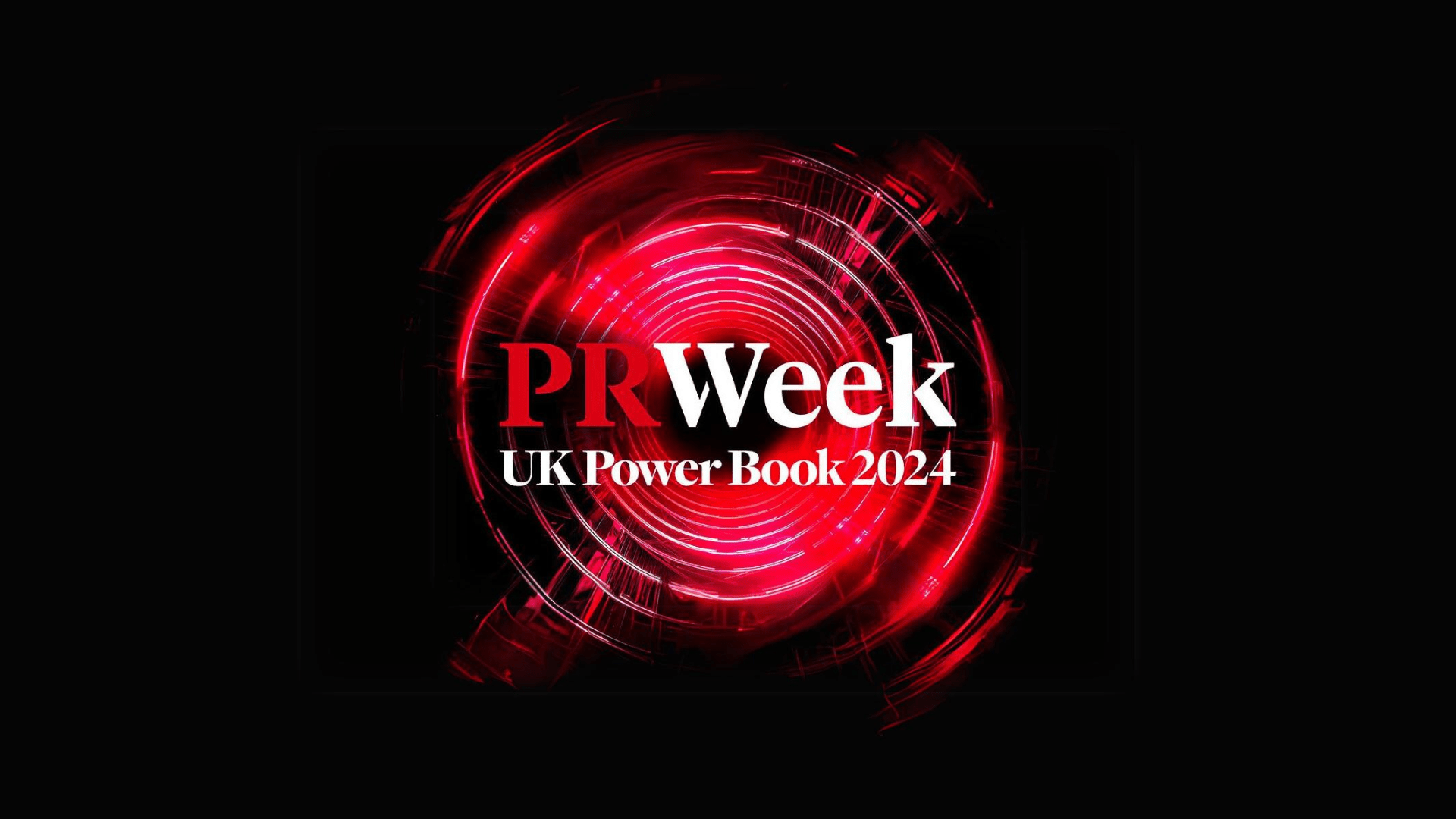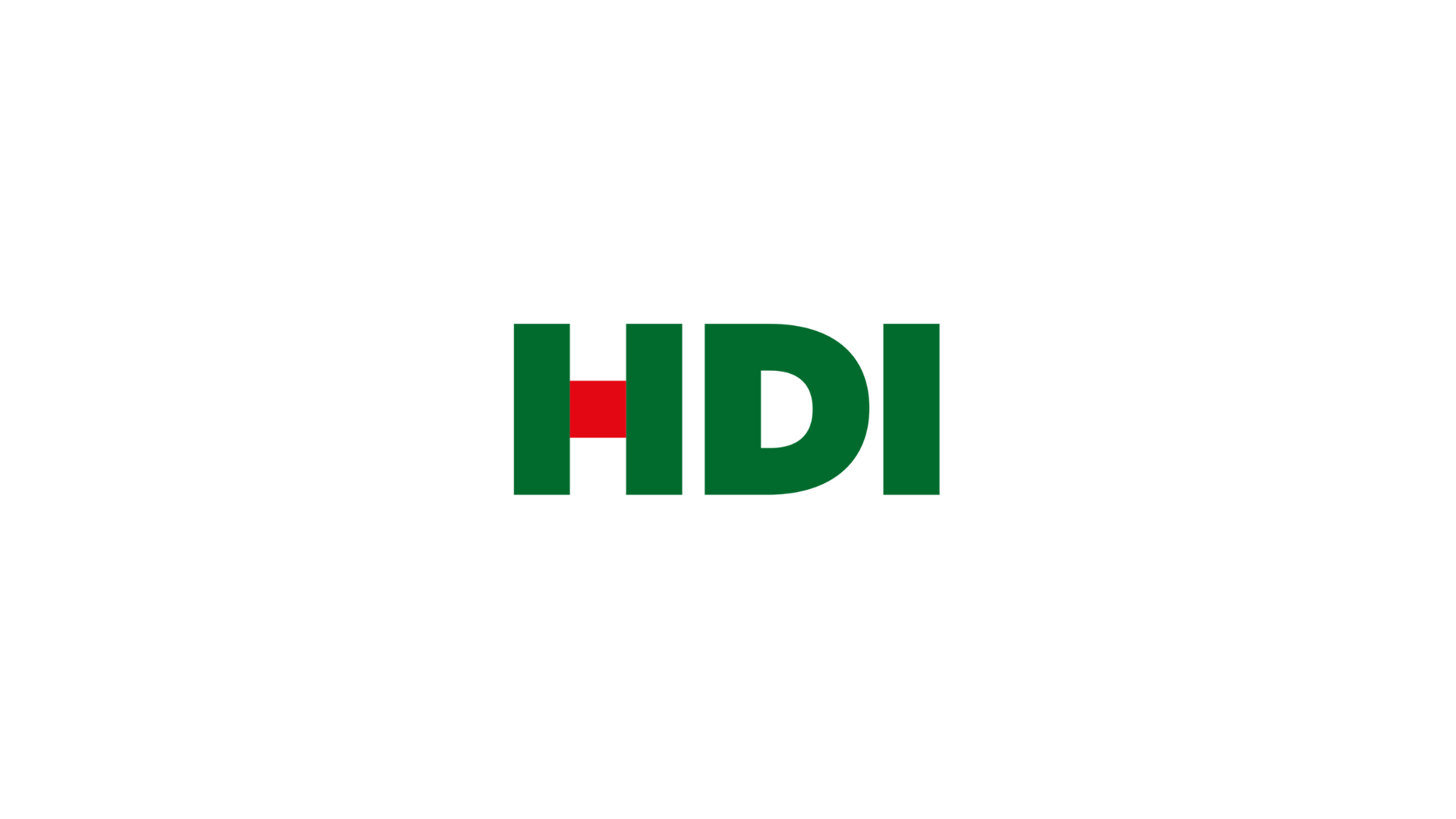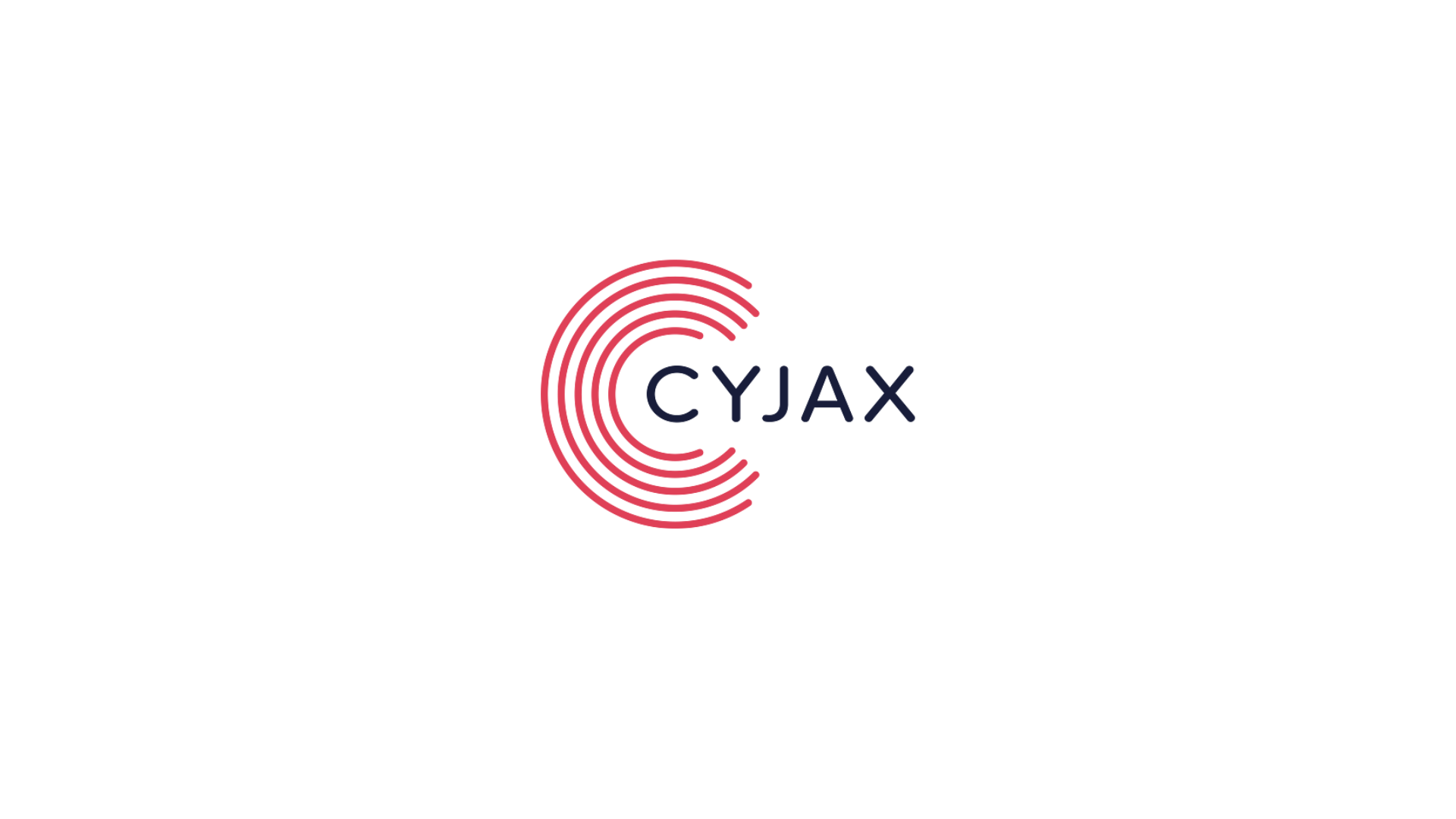It was an abrupt end to his leadership, which everyone will agree both influenced, and indeed changed, the marketing communications industry forever.
Sorrell created and grew WPP through a number of acquisitions turning it into an advertising and PR powerhouse. WPP’s PR agencies include Hill & Knowlton Strategies, Ogilvy PR, and Burson-Marsteller, which recently merged with the fourth agency, Cohn & Wolfe, to become Burson Cohn & Wolfe.
Since the announcement of Sorrell’s departure, analysts and industry spectators have discussed the possibility of a breakup of WPP agencies. With so many companies – and PR professionals – involved, this would certainly have a significant impact on the industry.
The possibility of a breakup is an interesting one. It’s incongruous with the growing shift towards consolidation that Martin Sorrell was pushing for.
Only in February this year, did WPP decide to merge Burson-Marsteller and Cohn & Wolfe. Some experts have said that merging makes sense where there are more than two agency brands within a vertical – in WPP’s case there were four.
The merger between Burson-Marsteller and Cohn & Wolfe, and for any other PR agencies, can for sure provide scale. But as Paul Holmes and Arun Sudhaman note on their podcast, The Echo Chamber, this is a time where scale can be a disadvantage.
They explain how specialist agencies are growing at a much faster rate than big holding companies like WPP, and have been for the last few years. Smaller, independent agencies can more easily and quickly adapt to keep up with the digital world, in a way that Burson-Marsteller failed to.
So with this all in mind, the possibility of a WPP breakup is an interesting one. How do we know what the best course of action is for WPP and the PR industry? Is the consolidation approach under Sorrell’s instruction the best way forward? If it means agencies not being able to adapt fast enough, then you would think not.
Let’s not forget the industry has also speculated that WPP might not break up, but instead become an acquisition target itself. Big consultancies – think along the lines of Accenture – could be interested in parts of WPP’s business.
It’s unclear how things will change for the PR agencies under WPP in a post-Sorrell era. It’s also unclear how exactly a break up of WPP would influence other big agency groups like Omincom. But the possibility of a break up, versus the consolidation approach we have seen under holding companies, presents an interesting debate on what is best for the industry and, most importantly, for its clients.
















